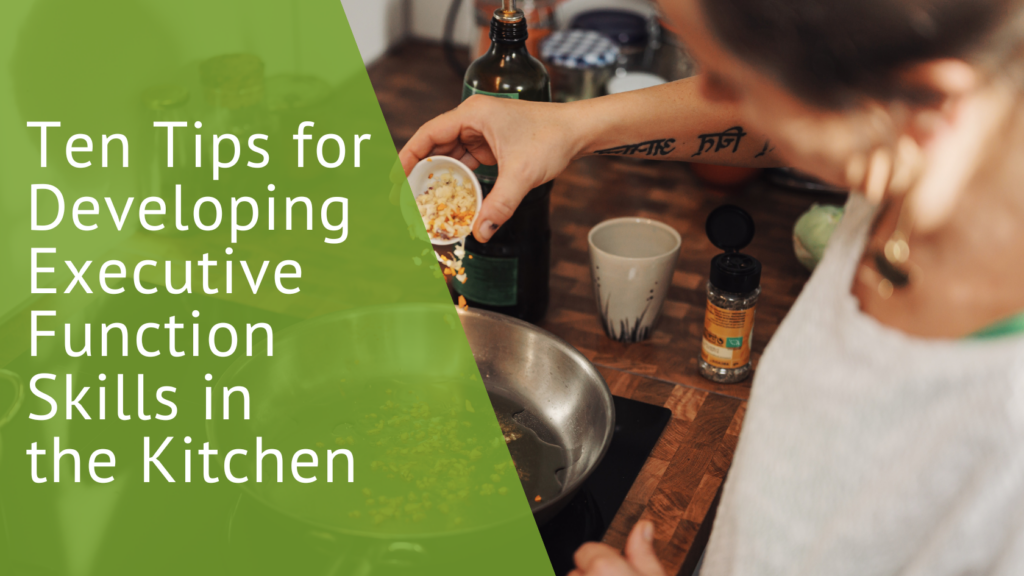For people with executive function challenges and/or ADHD, cooking a meal from scratch can feel like scaling a cliff. That’s because there are many executive functions required to make a meal!
Planning (shopping), prioritization (making food that is going to fill you up rather than provide a quick fix or sugar rush), and working memory are all required, not to mention time management and organization.
Avoiding the kitchen can also be especially common for those who grew up in homes where sitting around the table enjoying a home-cooked meal just didn’t happen.
So how to cook good, nourishing meals to support the brain when you also have executive function challenges? As it turns out, I am particularly qualified to talk about this!
My Cooking Story
Full disclosure: I have difficulty imagining a life without cooking skills. In my life, preparing and eating good food with my loved ones is a core pleasure. It’s the foundation of the strong bond I have with my family, including my adult children. When I feed my son-in-law, he always says, “I married into the right family.”
But becoming comfortable in the kitchen is a learned skill. By the age of eleven, I was often tasked with preparing meals for my family. Fun fact: making my first solo biscuits, I misread the directions and swapped the amounts for baking powder and baking soda – poor working memory in action. FYI: biscuits made with a tablespoon of baking soda are indelible. I have never made that mistake again!
Even though I developed kitchen skills in early life, as a young mom my executive function weaknesses meant that dinner was often on the table much later than I intended and people were HANGRY. I would be halfway through a recipe only to discover that I was missing a key ingredient. And the kitchen…OMG, it would be a disaster by the time food got on the table.
Fortunately, I have learned how to support my executive function-challenged brain in the kitchen, so those things rarely happen anymore. Here are ten of the top tips that I’ve learned over the years.
Executive Function Tips for Cooking in the Kitchen
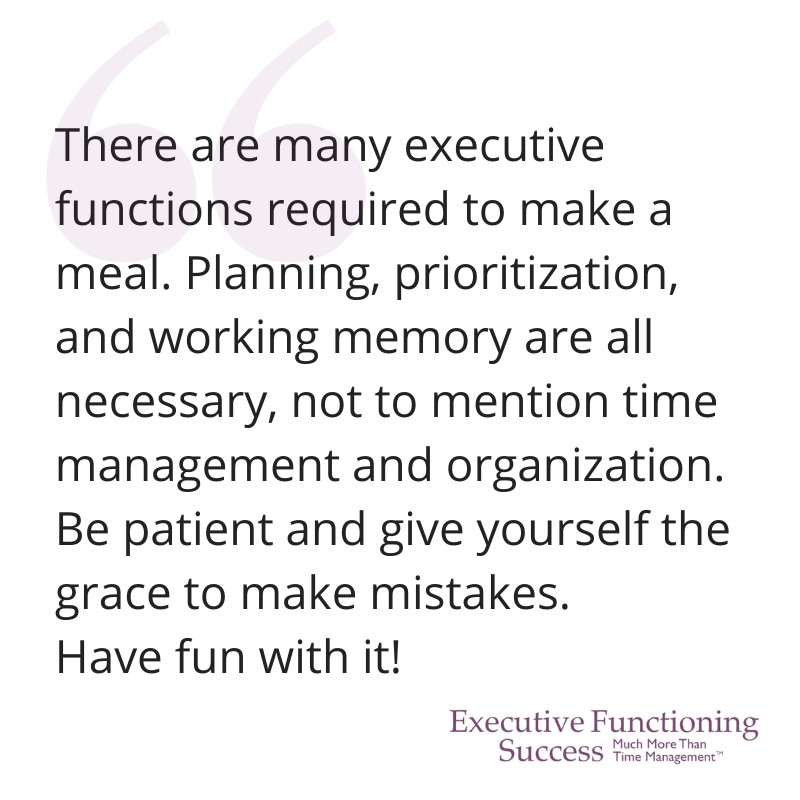 1. Arrive with a Positive Mindset
1. Arrive with a Positive Mindset
The first barrier to cooking is assuming that you’ll be bad at it. Resist the urge to expect perfection! It’s much more important to have fun and approach it with a learning mindset. You CAN do this!
I recently found a lovely little cookbook: Good Enough – A Cookbook: Embracing the Joys of Imperfection & Practicing Self-Care in the Kitchen, by Leanne Brown. The recipes are simple, up-to-date, and very tasty. This woman understands flavor and writes clear recipe directions. It’s also interspersed with some very special essays about life, cooking and feeding yourself and others. In other words, it is a book of kitchen wisdom and life wisdom. (Psst: Her cornbread recipe is the ultimate one for me. Her Sticky Toffee Cookies are also in the top 2% of cookies.)
For the anxious beginner cook, I also really recommend SideChef.com. The ingredients are listed clearly with thumbnail images, and the directions are simple and easy to follow.
2. Activate Time Awareness
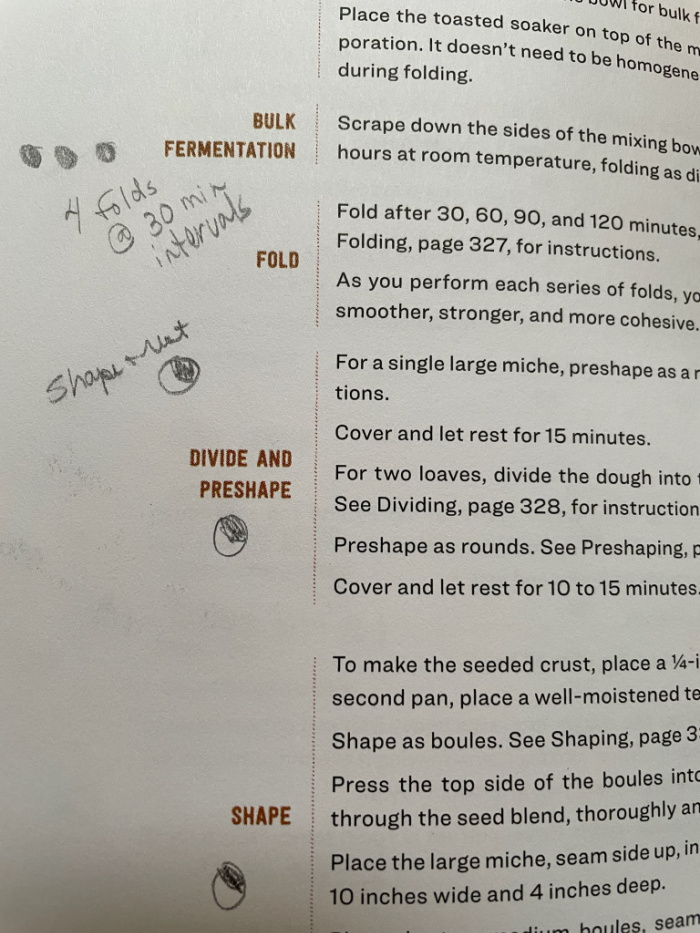 Many people with executive function challenges skip the “planning” step when deciding what to make. This can set you up for frustration and stress. Don’t just skim the recipe! Get out a pencil for this part. If you own the cookbook, I give you permission to write in it. For me, this is essential.
Many people with executive function challenges skip the “planning” step when deciding what to make. This can set you up for frustration and stress. Don’t just skim the recipe! Get out a pencil for this part. If you own the cookbook, I give you permission to write in it. For me, this is essential.
How much time will this dish take? Some recipes offer total cooking times. I find most of those to be overly optimistic. For each paragraph in the instructions, note the time they list for each step. In the margins create a “time circle” that represents the space of time needed to complete.
If it says cook for 8 minutes, I represent that with a pie chart showing 10 minutes. I do this for all of the directions and then I add up my pie charts for an approximate time commitment to make this dish. If this is a borrowed book*, note the times on a sticky note. If you are having side dishes, also note the time required for them.
*Libraries are a great source for inspiring cookbooks!
3. Get Clear on the Ingredients
Now that you know how much time you realistically need, review your ingredients. Get out that pencil again! Go down the list, one by one. Check to see if you actually have those things. If you do, put a light tiny check mark next to it (you can erase it later).
If you don’t, now is the time to add it to a shopping list. I keep a running list on my phone in reminders. Once you write it on your list, you can add the checkmark. Those check marks will support poor working memory.
4. Activate Future Thinking
Next, plan backward! Figure out when you are going to do this cooking project. When does it need to be done? Schedule what time you need to start in your calendar and set an alarm or reminder.
5. Start with an Empty Dishwasher
An empty dishwasher makes it super easy to be a tidy kitchen cook. Once you use a utensil, bowl, etc. just pop it in the dishwasher. It’s much easier to tidy as you go rather than after you are done! Plus, having clear counters and an empty sink when you sit down to eat will make it mentally easier to clean up the kitchen afterward. This will also help you to avoid going to bed with dirty dishes in the kitchen. Your future self will thank you.
6. Stay Connected to Time
Position an analog clock in the kitchen so that it is in sight as you work. Use cube timers to help you keep focused on the passage of time as you cook. If a recipe says five minutes, turning the cube over makes sure you won’t wander off and let something burn. We have lots of great timers listed on our Cool Tools page.
7. Prep Your Ingredients
To support working memory and organization, set up all of your ingredients before you begin. I suggest pre-measuring and chopping before you add heat and actually start to cook. This keeps you from getting frazzled and forgetting to add ingredients or burning things while you still need to chop. Take your time and enjoy the process.
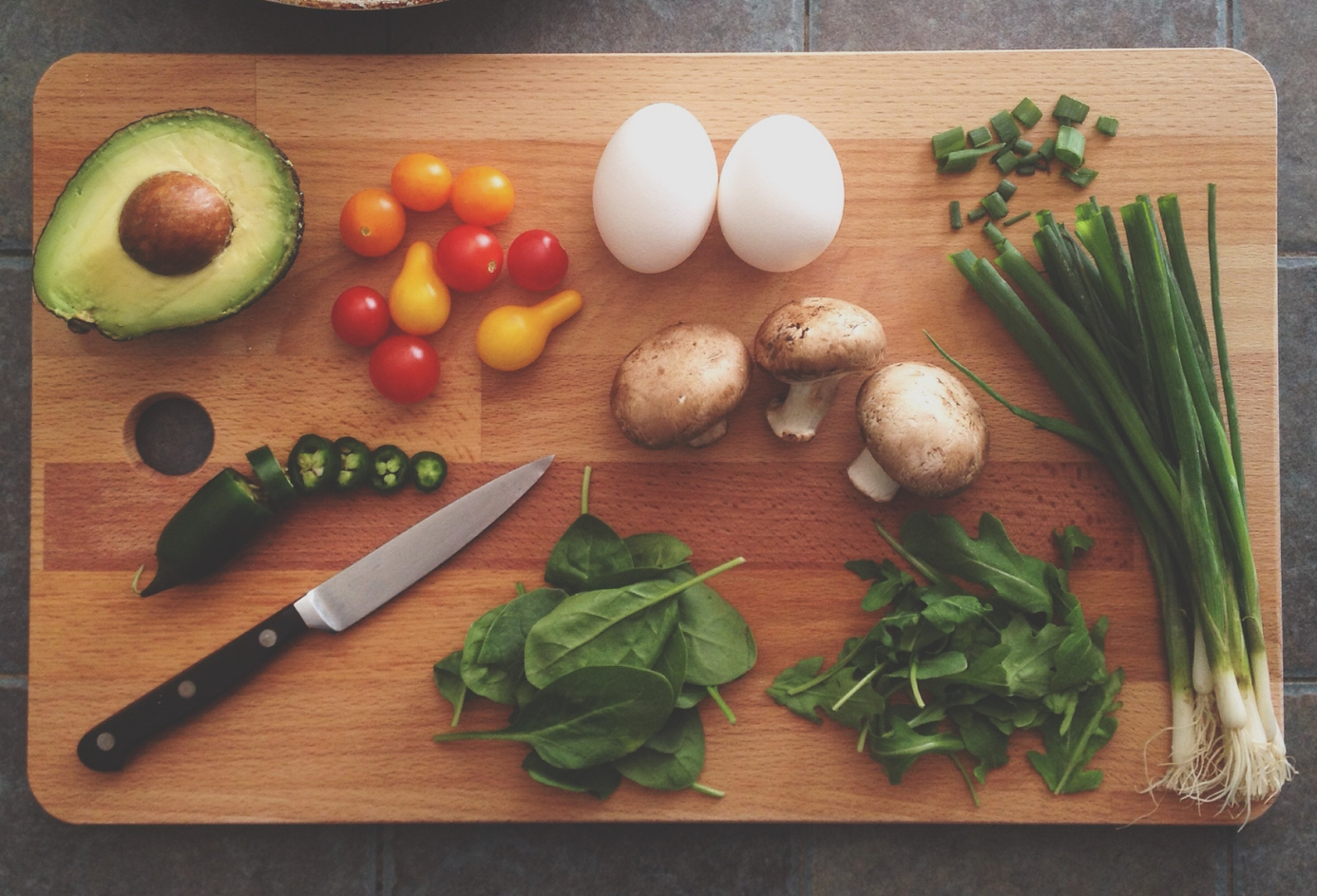
8. Share Your Accomplishment
If you live alone, consider inviting someone over to join you for the completed meal. Food is best when shared with others. Take a picture of your finished dish and text it to friends and family far and wide. People love food posts. Celebrate your accomplishments!!!
9. Plan for the Future
With the memory of your home-cooked meal still filling your soul and tummy, annotate your recipe. If you really liked it, make a note! If you would do something different next time to make it better, edit the recipe directly in your cookbook or notes.
Then, harness the momentum from your success! Return to that cookbook, magazine or food blog and decide on the next cooking adventure you will have. Make that grocery list.
Recently I invited two friends in their twenties to come to my home on a Sunday to cook. They had been gently pestering me to do so because neither of them do much in terms of from-scratch cooking.
Working together, I helped them prepare a vegan Korean meal. We made a chili sauce, a dipping sauce, rice in the microwave, handmade dumplings and a spicy tofu stew. It was all delicious. We had such fun together sharing life stories as we cooked. And the very best part for me was their responses.
One friend paused after a bite, staring down at her plate and said, “There is something very satisfying about eating food you made yourself.” The other then looked me in the eye and said, “We are doing this again.” We settled on Italian next time, with homemade pasta.
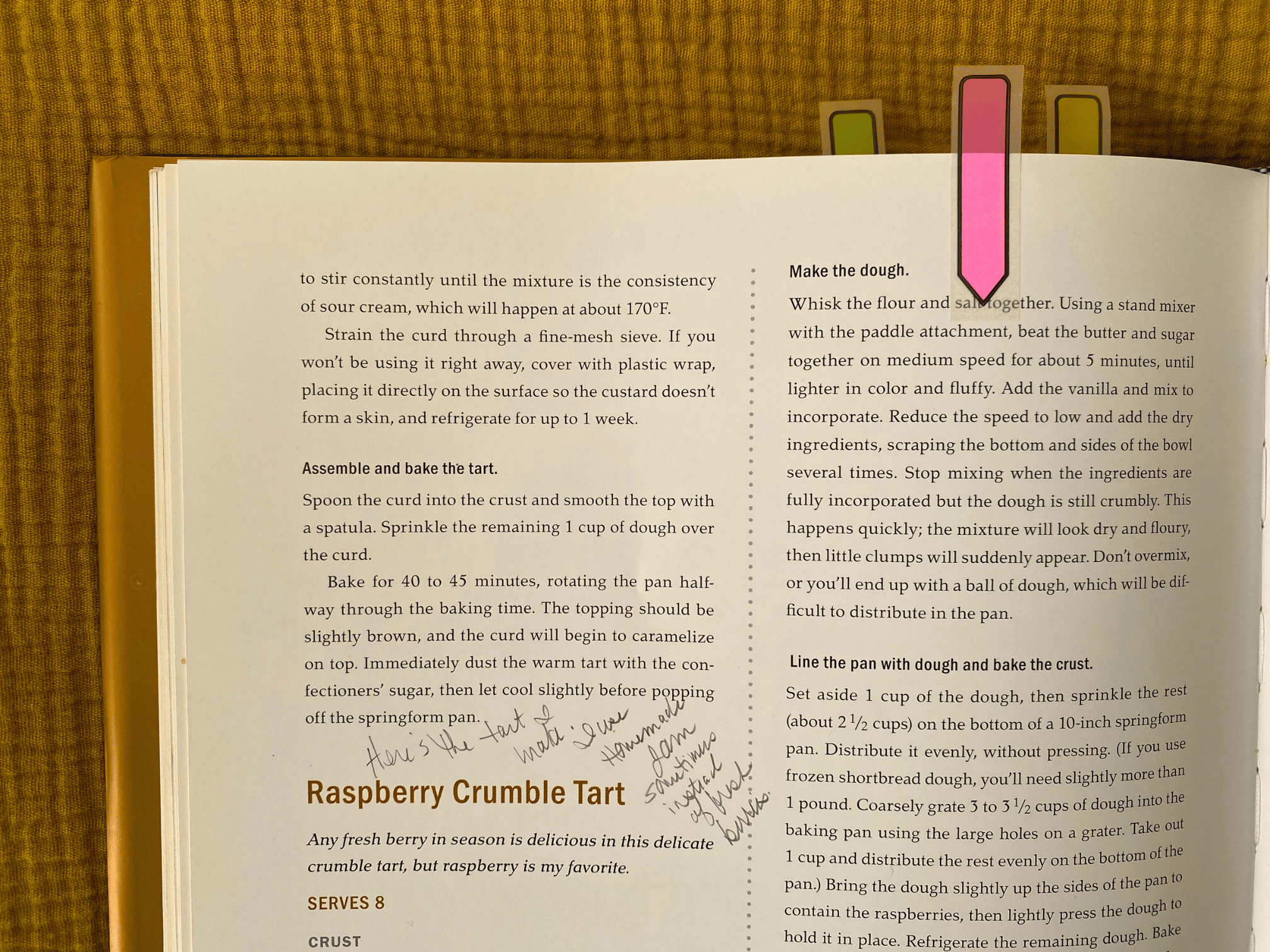
10. Stay Curious
My final piece of advice is to remain curious above all. Our brains love novelty and learning. If there is a cooking term you don’t understand, look online. There are videos about how to cook just about everything.
I can’t tell you how many cooking classes I have taken throughout my lifetime. Each one taught me something to make me a better cook. Look online for courses and also look for hands-on classes in your community. Exotic ingredients are always available online. Have fun with it and enjoy!
What are you cooking this week to feed your soul and develop your executive functioning skills?
Little by little…
Marydee

